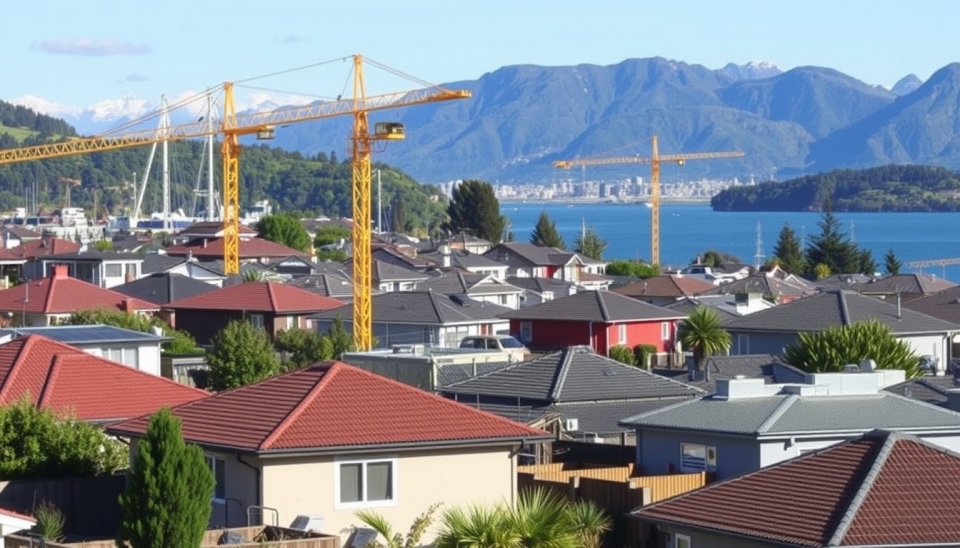House Prices in New Zealand Decline for Six Consecutive Months

House prices in New Zealand continue to fall, marking the sixth consecutive month of decline. Recent data indicates that this downward trend is linked to high interest rates, which negatively impact the real estate market. Reports suggest that housing is becoming less affordable for many locals, leading to difficulties in purchasing property.
September figures demonstrated that prices in major cities fell by 1.3% compared to the previous month and by 7.8% compared to the same period last year. Experts highlight the need to consider economic factors such as inflation levels and changes in financial policy that significantly affect the market.
As interest rates rise, it is becoming harder for buyers to obtain mortgage loans, reducing demand for housing. Additionally, many potential buyers are waiting for further price decreases, leading to delays in purchases. This, in turn, creates an oversupply in the market, with the number of properties for sale exceeding demand levels.
Some analysts predict that the downward trend may continue in the coming months if rates remain high and economic conditions do not change. At the same time, there are optimistic voices suggesting potential market improvements if New Zealand's central bank decides to lower interest rates to support the economy.
The housing issues in New Zealand intensify discussions about the need for government measures to ease access to housing. One possible solution is increasing government funding for social programs aimed at helping those struggling to buy homes.
Overall, the decline in housing prices in New Zealand reflects broader economic challenges facing the country. Major players in the real estate market, including developers and banks, are closely monitoring the current situation, forecasting how long this trend may continue and how it will impact their business.




